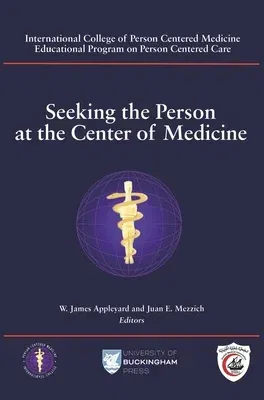It has become clear that reductionist models of health care are
unsustainable in both economic and humanistic terms. There is a pressing
need, therefore, articulated increasingly by patients themselves, to
move away from impersonal, fragmented and decontextualized systems of
healthcare towards personalized, integrated and contextualised models of
clinical practice within a humanistic framework of care that recognizes
the importance of applying science in a manner which respects the
patient as a whole person and takes full account of his values,
preferences, aspirations stories, cultural context, fears, worries and
hopes and which thus recognizes and responds to his emotional, social
and spiritual necessities in addition to his physical needs.
The Educational Program for Person-centered Care aims to achieve this.
It is divided into three discrete but interrelated sections. The first
section of four papers includes the conceptualization and measurement in
person centered medicine and embraces the relevance of the social
determinants of health and people centered public health. The second
group of articles moves on to the practical aspects of patient-physician
communication and the importance of a comprehensive diagnosis. The third
section emphasizes the importance of shared decision making with key
examples and inter-professional collaboration. The program is a living
document and will be revised with the help of those who study and apply
a person-centered approach to their own practice.


